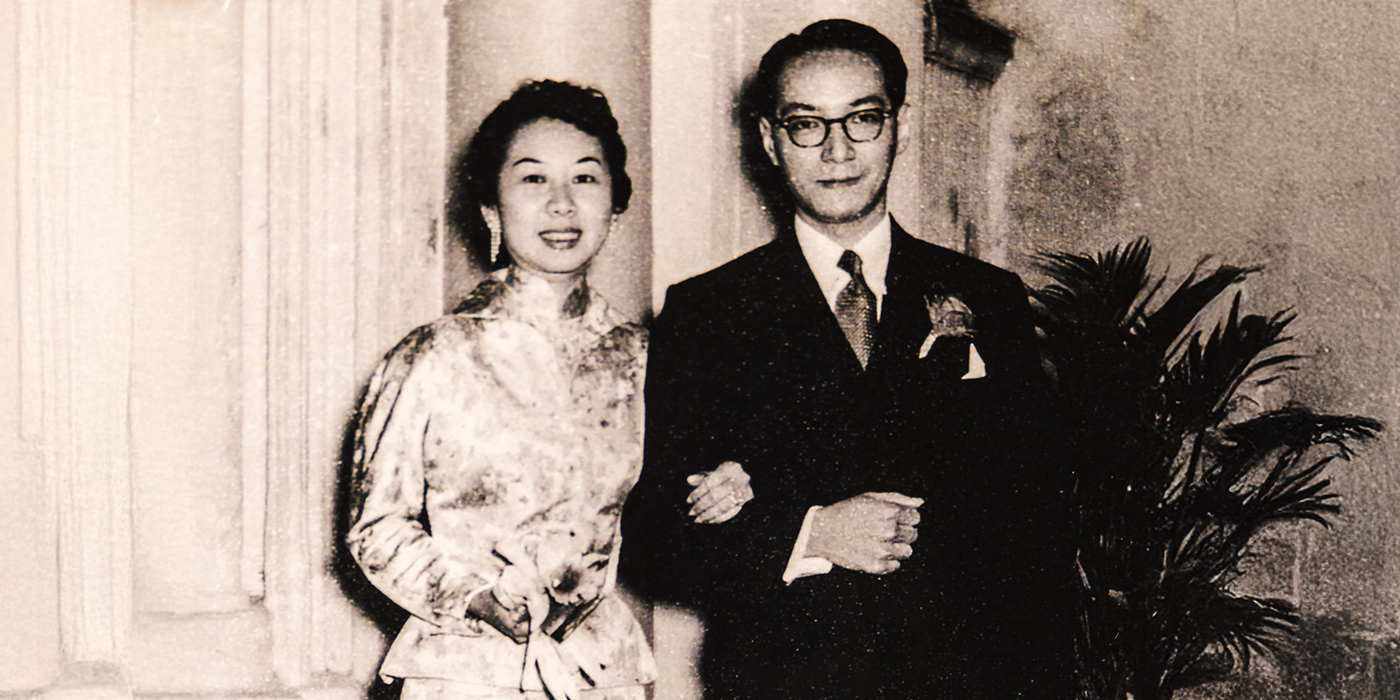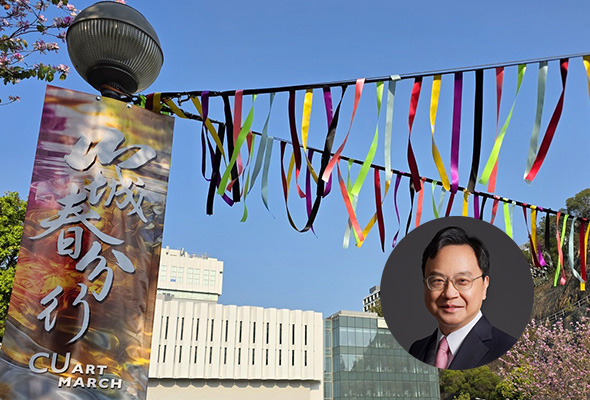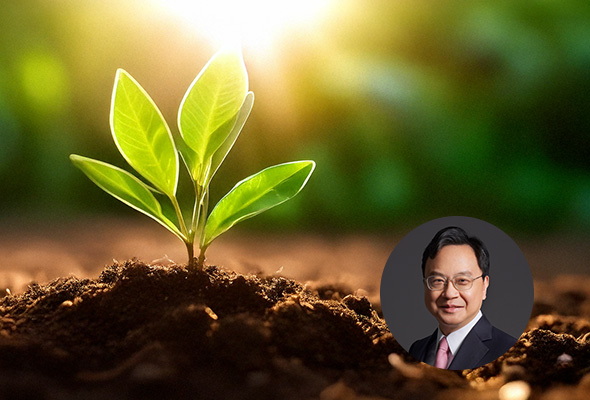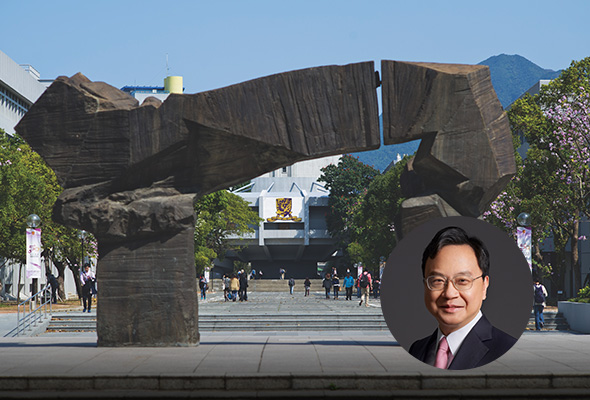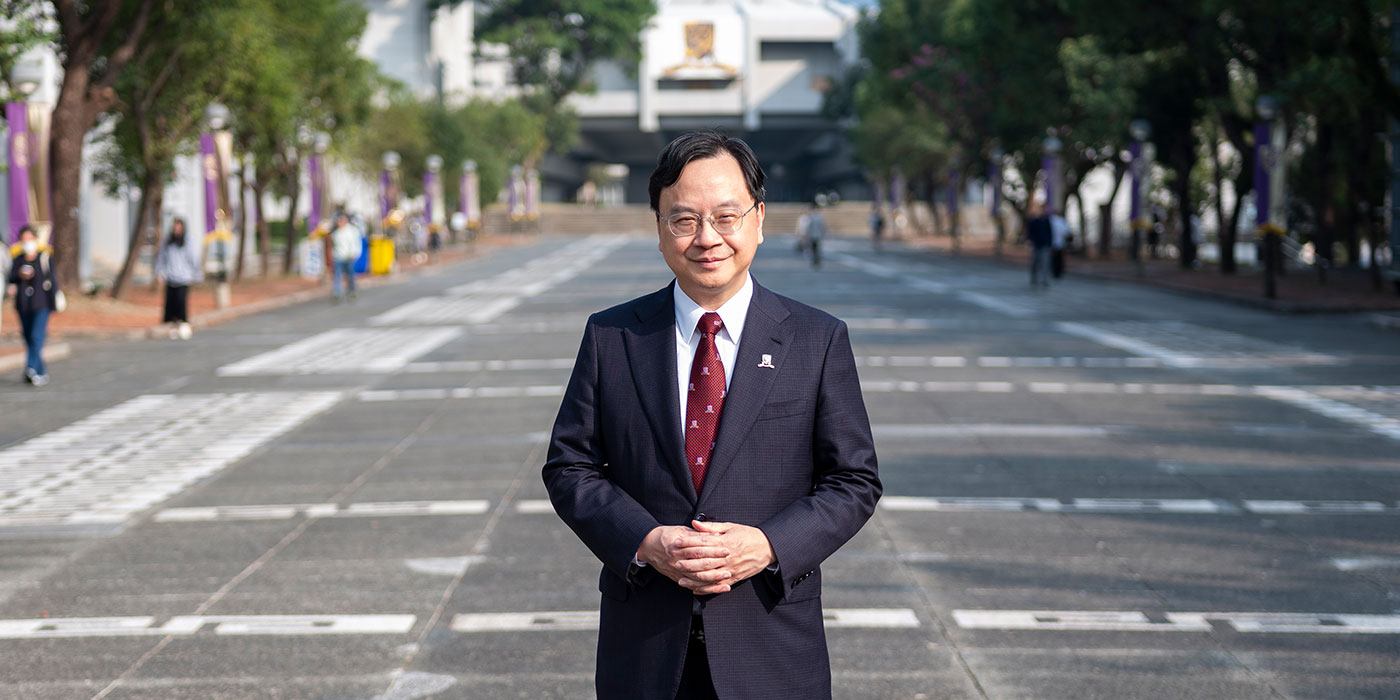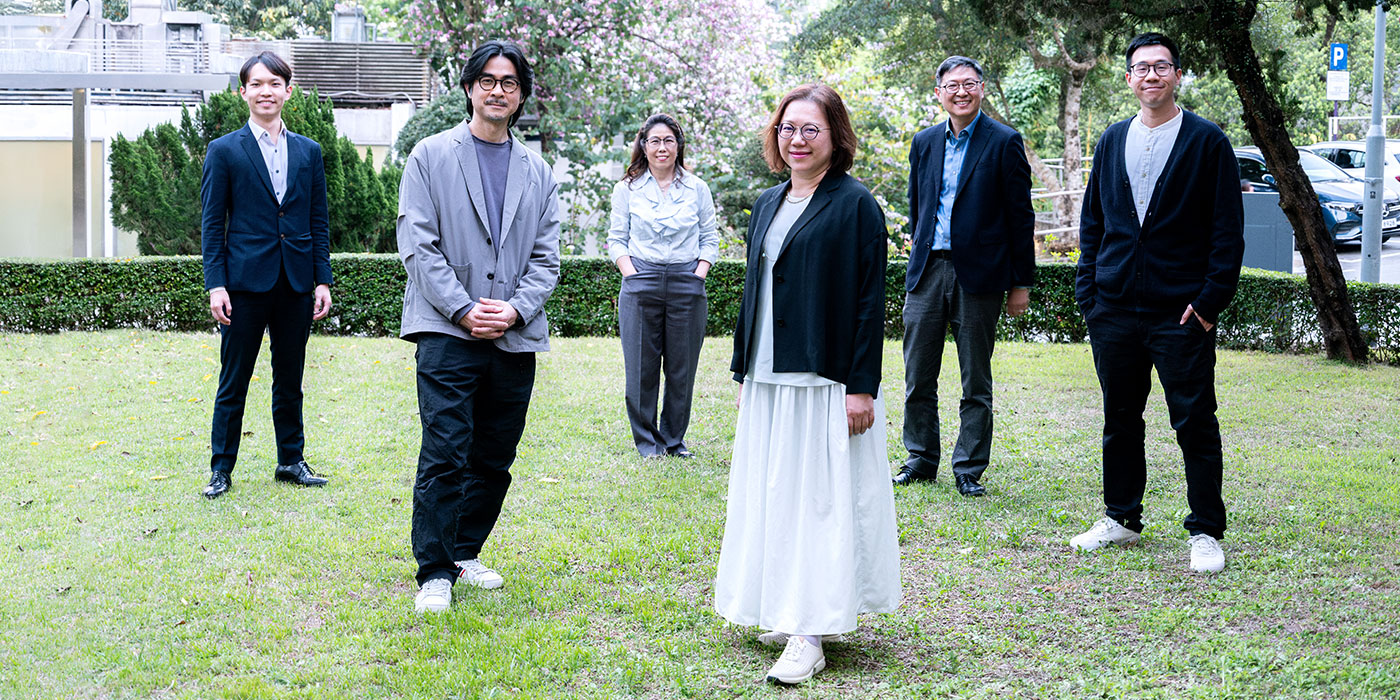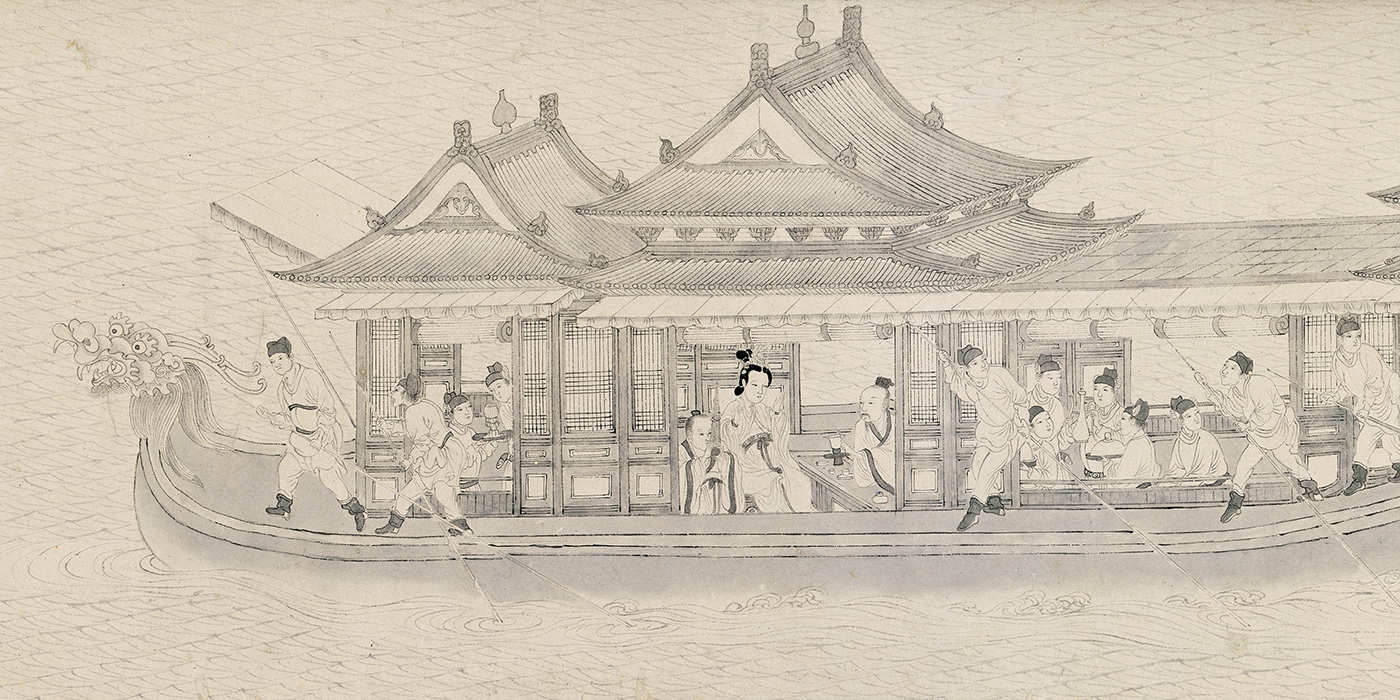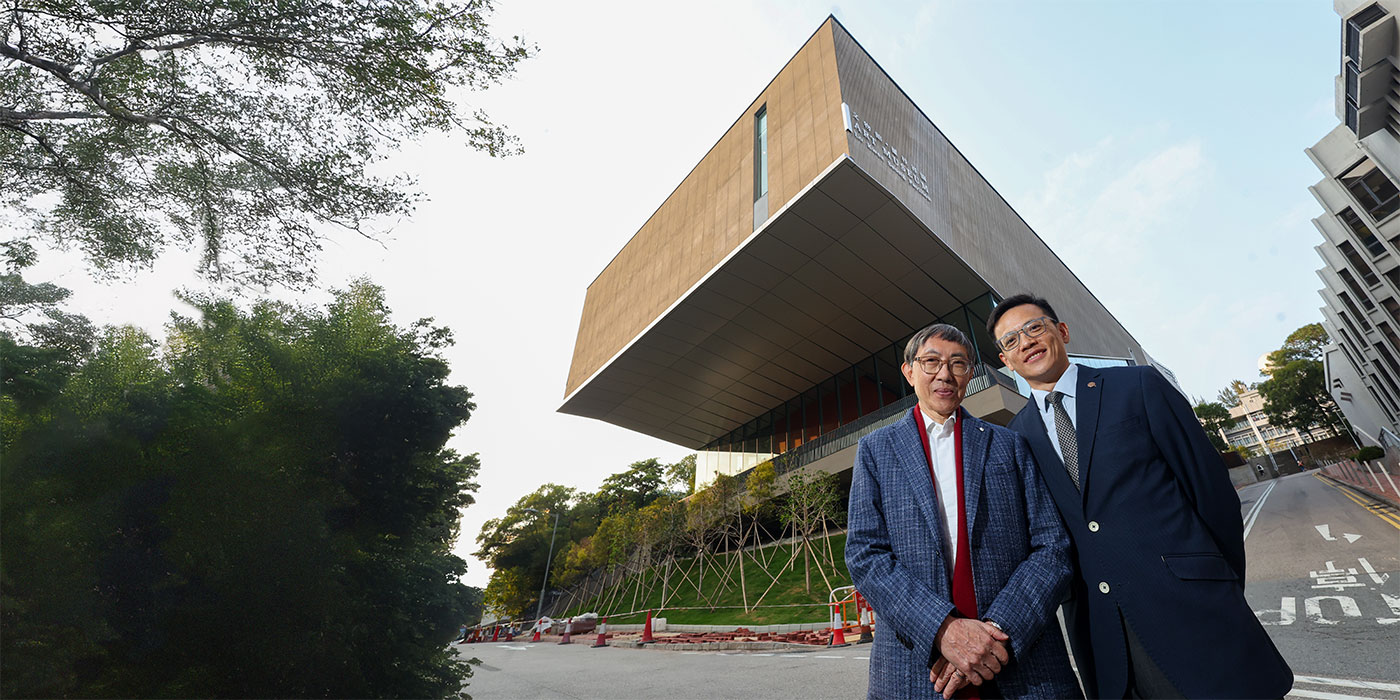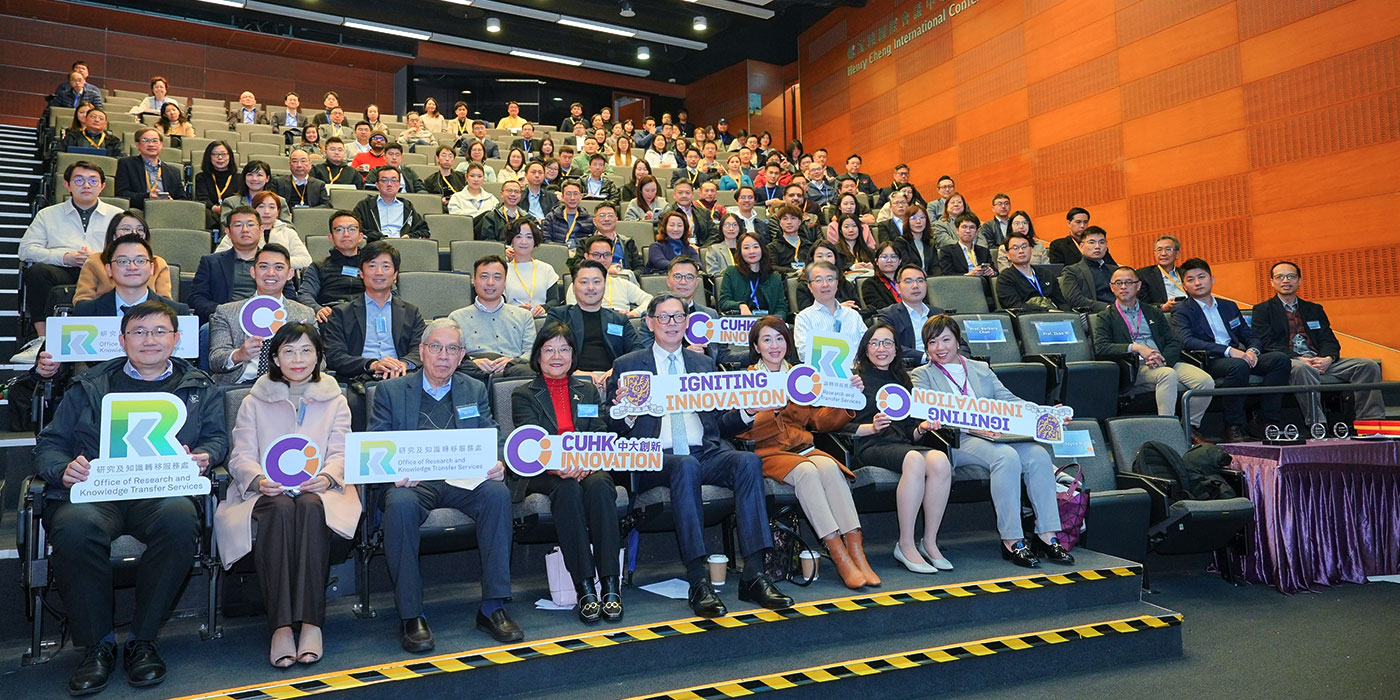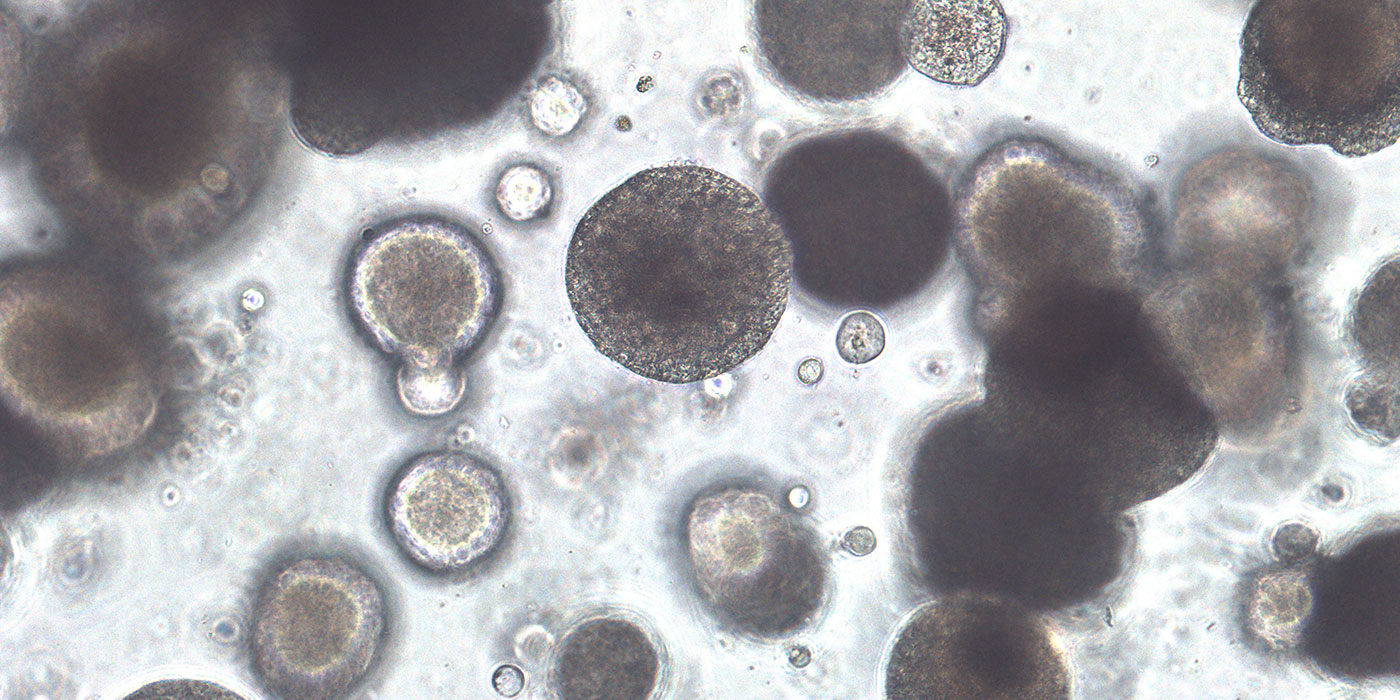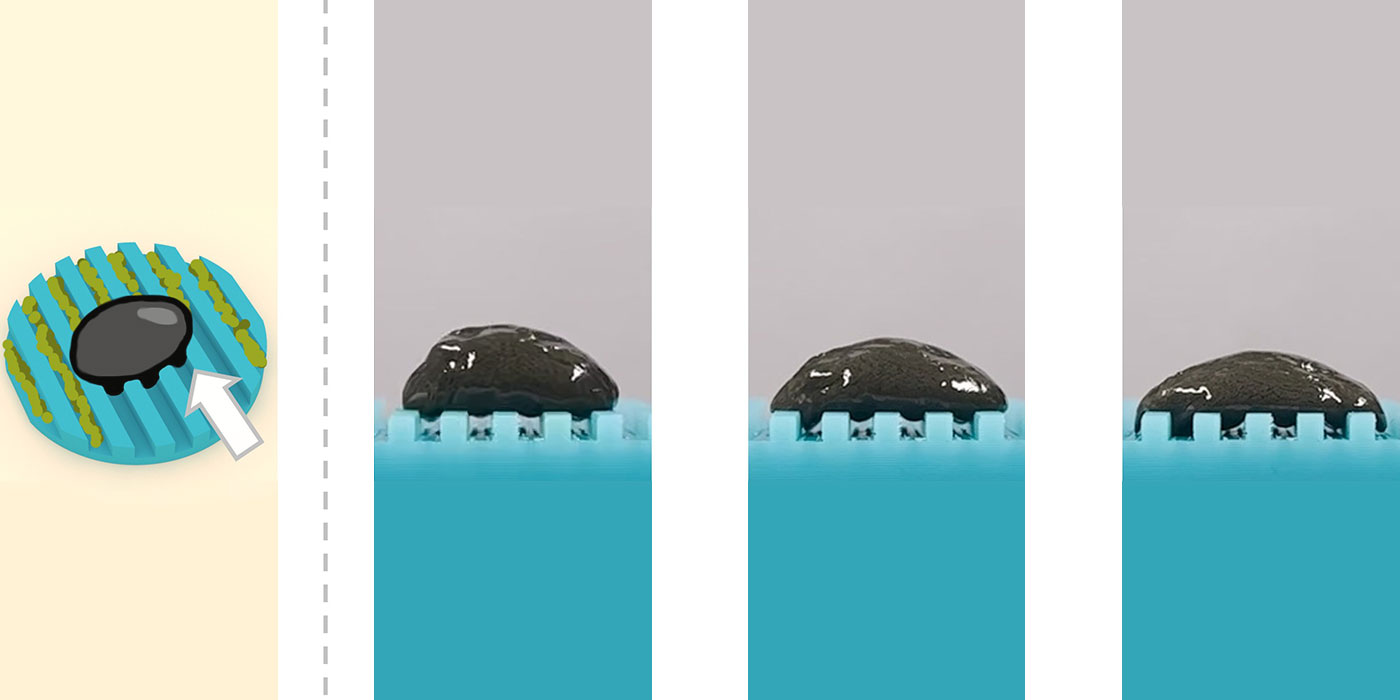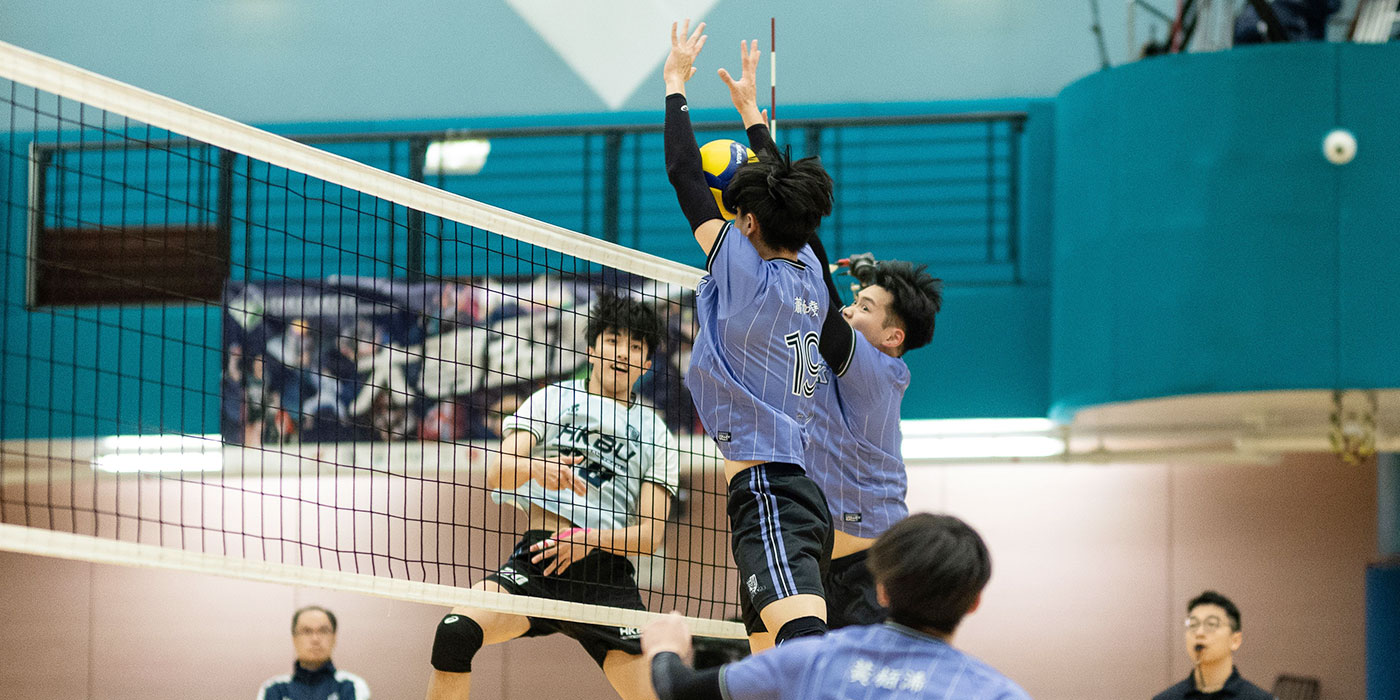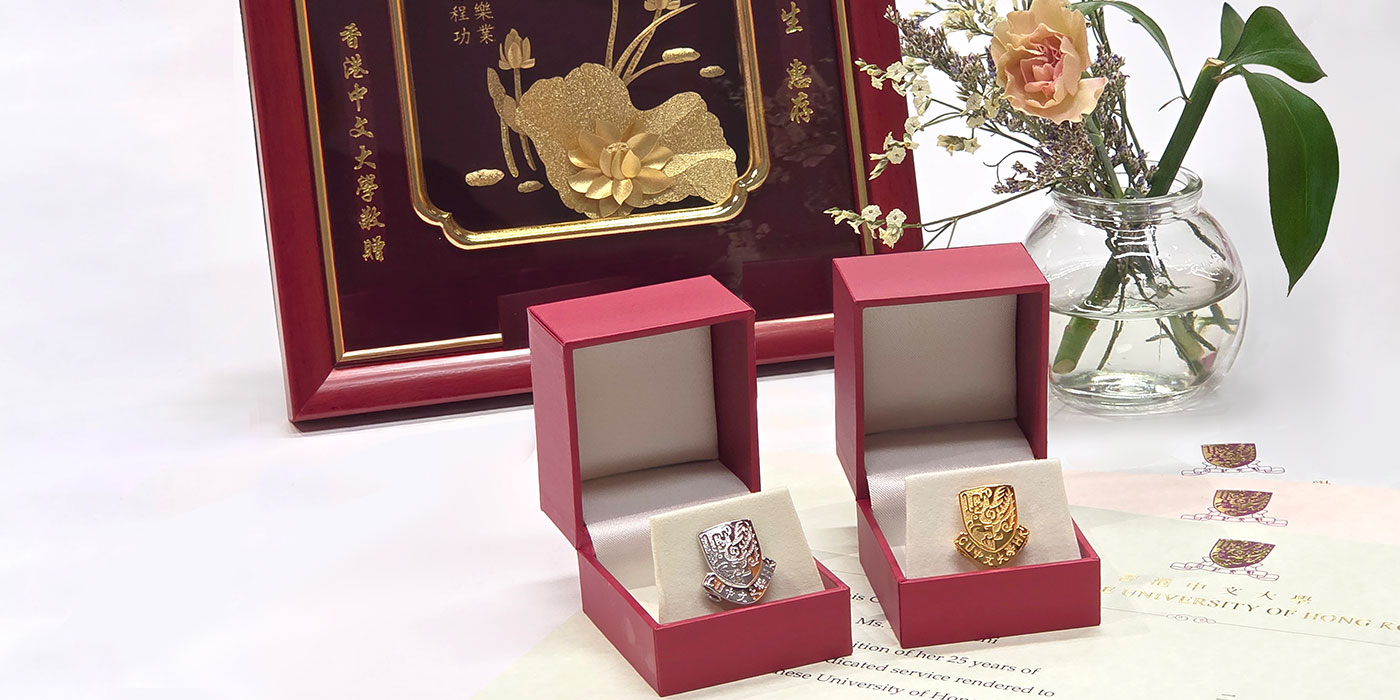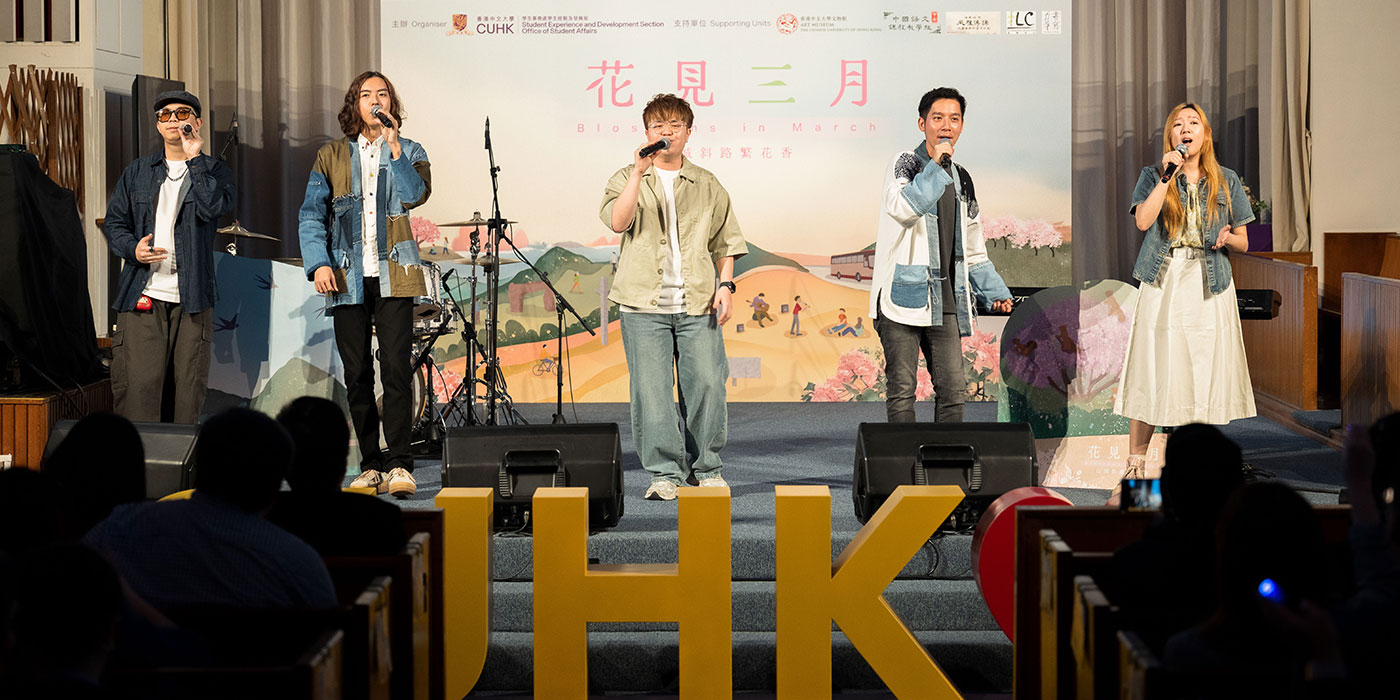A last wish and an everlasting love
A HK$400 million bequest from Peggy Choa, wife of Founding Dean of Medicine
26 March 2025
Professor Gerald Choa, Founding Dean of the Faculty of Medicine at the Chinese University of Hong Kong, was a heavyweight in Hong Kong’s medical community. Known for his serious demeanor, he commanded respect from everyone. However, at home, he had someone he respected even more—his beloved wife, Peggy Leong Kwai-chiu. They shared a love story spanning 46 years and their bond lived on through the wife’s tireless efforts to fulfil the husband’s dream.
The touching story was narrated by Ms Linda Leung, executrix of the estate of Mrs Choa. She is Mrs Choa’s niece.
After Professor Choa passed away in 2001, Mrs Choa lived as a widow for 16 years until her passing in 2017. She donated over HK$400 million to the Gerald Choa Neuroscience Institute at CUHK, more than 99% of her entire estate. “People often wonder how the Choa couple, known for their frugal lifestyle, managed to donate such a hefty sum of money,” Ms Leung said as she started telling their love story at a donation ceremony on 7 March.
In her youth, Peggy Leong was known for her vivacity and sociable nature. She studied in the United States, loved wearing trendy miniskirts, and drove sports cars. Her outgoing and cheerful personality made her truly stand out at the time. After graduating she returned to Hong Kong and worked as a medical social worker at Queen Mary Hospital, where she met the young Dr Choa. They fell in love and got married in 1955. Her parents were puzzled by her choice of a serious and introverted man.
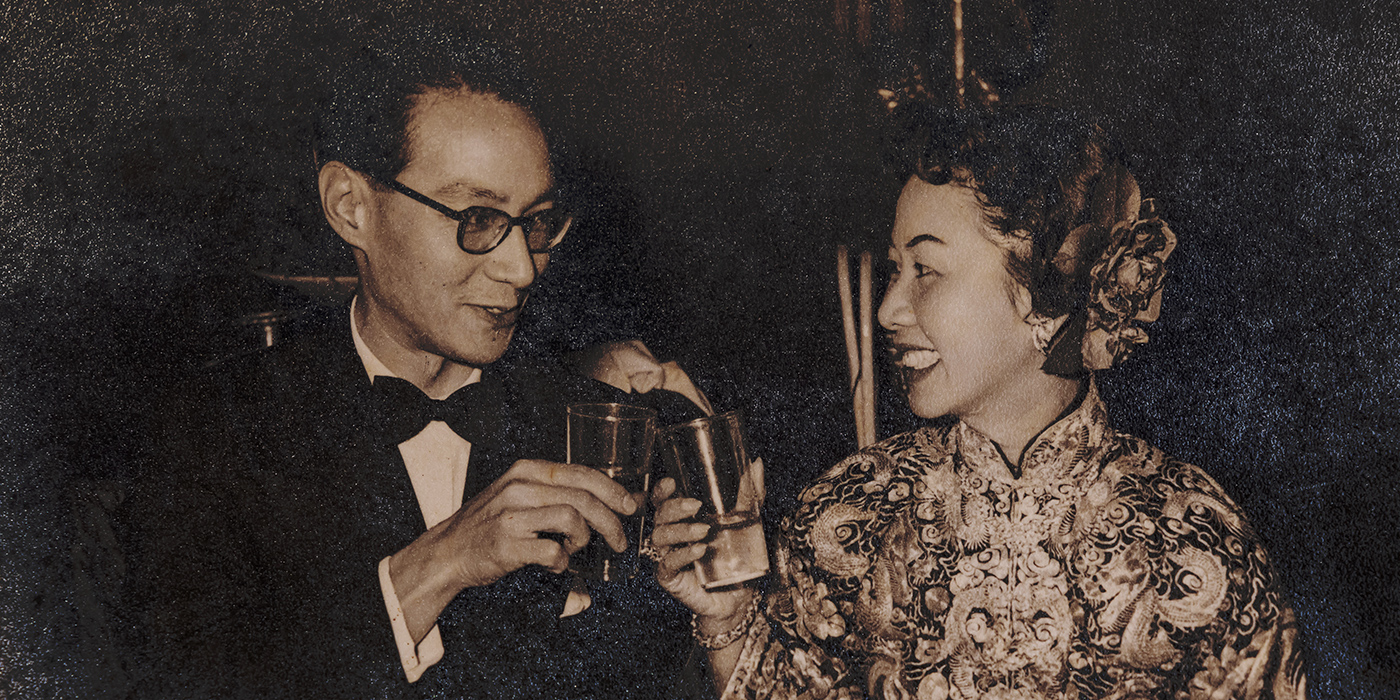
Despite their different personalities, they were a perfect match. Her husband was a renowned doctor and former Director of Medical and Health Services. He joined CUHK in 1976 after retiring from Medical and Health Services. He was the Founding Dean of the CUHK’s Faculty of Medicine, the second medical school in Hong Kong after the University of Hong Kong’s. He also served as a Pro-Vice-Chancellor, honorary advisor to the Vice-Chancellor and member of the University Council.
After marriage, Mrs Choa managed all household affairs as a gentle and capable housewife. “My uncle never had pocket money. When he went shopping, he would say: ‘I don’t have money; Peggy manages my money, let her handle it,'” Ms Leung recalled with a smile. “On another occasion, the family wanted to buy a shirt for uncle and asked him about his size. He said: ‘I don’t know my shirt size, ask Peggy’.”
While her husband focused on advancing Hong Kong’s medical services and education, and was known as “the most efficient workaholic in the office”1, Mrs Choa diligently managed their home, providing a peaceful sanctuary for him to relax and find peace whenever he came home after a day’s work.
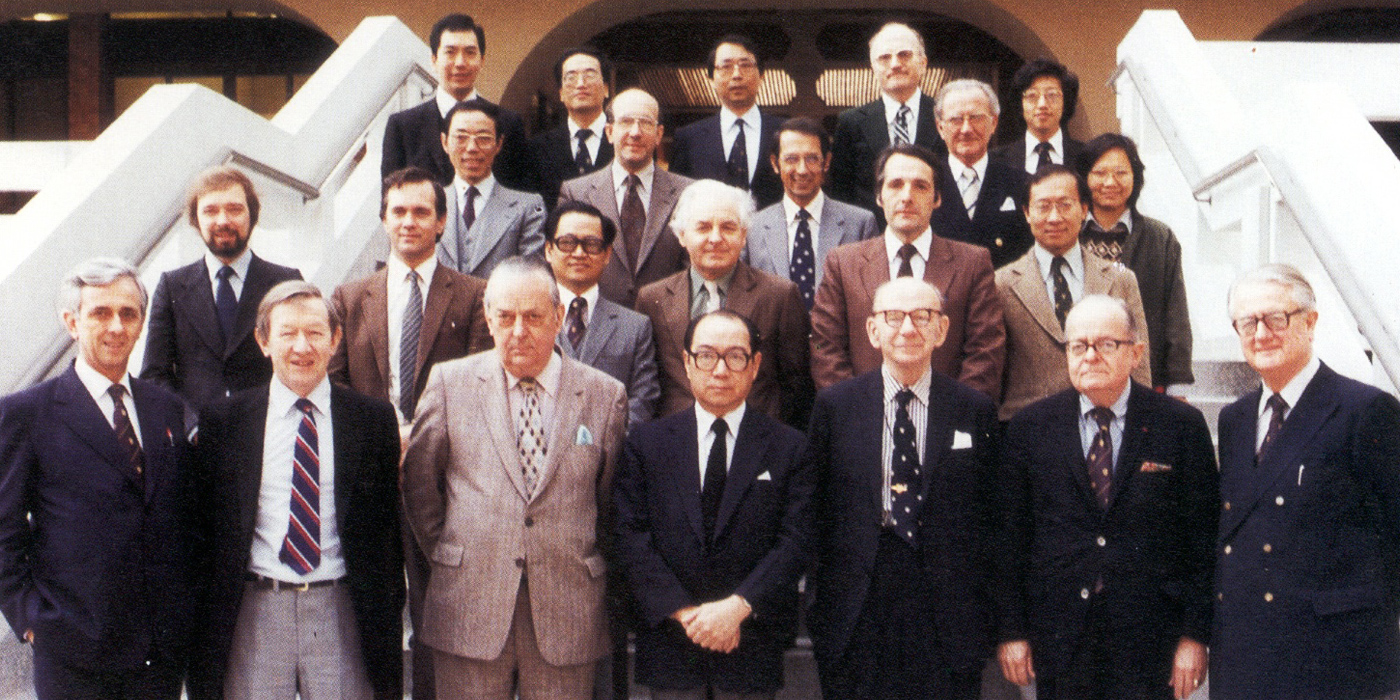
Mrs Choa was aware of her husband’s dream to establish a centre dedicated to basic neuroscience research that could one day lead to medical breakthrough in the treatment of serious brain diseases like Parkinson’s. However, she knew this would require a significant amount of money to set up.
“My aunt consulted close friends in the medical field and learned that it would cost at least HK$200 million,” Ms Leung recalled. Out of love for her husband, Mrs Choa was determined to save money to fulfill his wish.
She began investing in 1967, first purchasing a flat at Borrett Mansions in the Mid-Levels for HK$180,000 which she rented out as an investment. They only moved into the flat after Professor Choa retired from CUHK in 1987. She also started building a stock portfolio with the rental income and their daily savings.
In December 2001, Professor Choa passed away in his sleep. Mrs Choa was devastated and lost her focus in life. However, she quickly pulled herself together and remembered her husband’s last wish. She was determined to raise HK$200 million to fulfill his dream.
Mrs Choa continued to invest and grow her stock portfolio. She would talk to her stockbrokers several times a day and followed all the business news on TV and in the newspapers. She sold all her family antiques. To achieve her goal quickly, she led a frugal lifestyle, rarely going out or eating out with her friends. She drove her Honda Civic for over 15 years until her driver’s licence was revoked due to her old age. In the hottest days of summer, she only used electric fans instead of air-conditioning in order to save on electricity cost. She ate very simple meals. In 2014, she fell and fractured her pelvis. Between 2014 and 2017, she became more and more worried that she would run out of time to raise the necessary funds. Often her meals were made up of just instant noodles, causing concern among her friends about her health.
In 2017, Mrs Choa’s health deteriorated quickly, and she passed away after catching a cold at the age of 96. After her passing, the executrices of her estate carried out her last wishes, consolidating her assets, cash, stocks and property. Thanks to her smart investments, her estate amounted to over HK$400 million, far exceeding the original target of HK$200 million she had set for herself. The bequest to Gerald Choa Neuroscience Institute was the single largest donation and 99% of her entire estate. It was a naked donation to CUHK for the neuroscience research institute, in order to realise her husband’s and her dream.
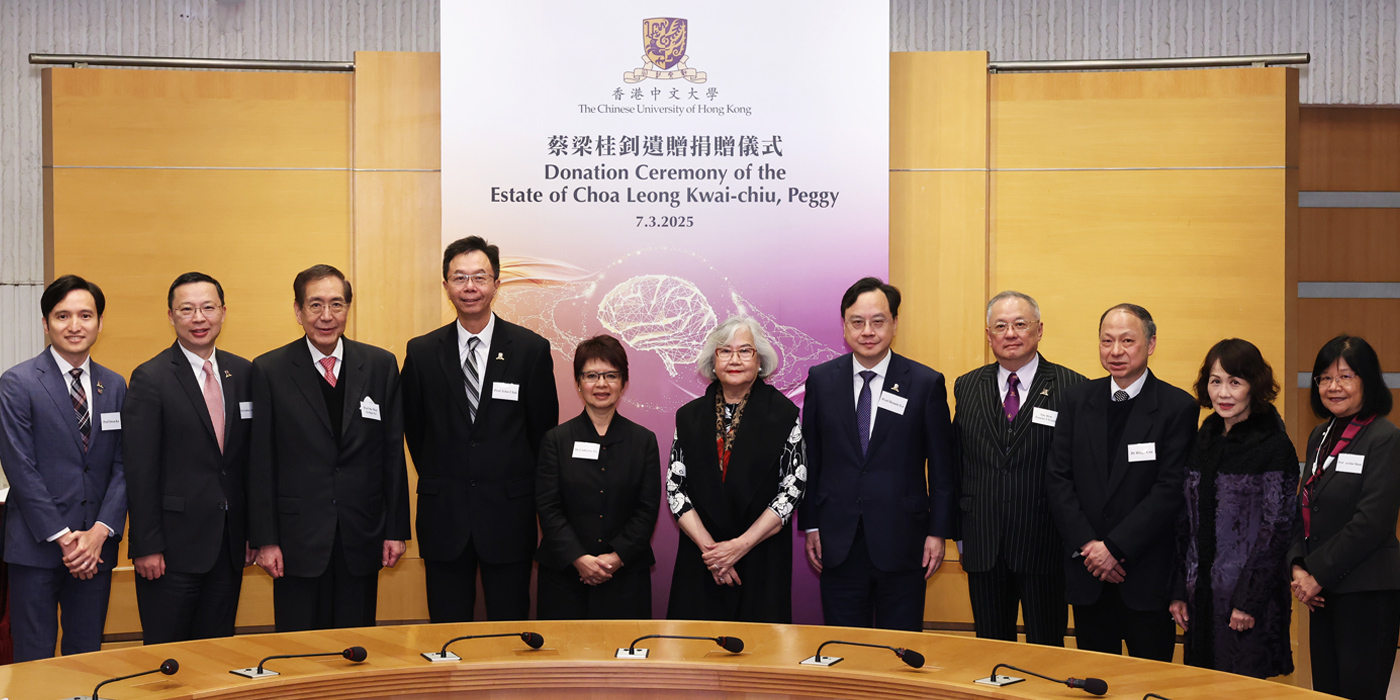
“My aunt was not a wealthy person or a businesswoman,” Ms Leung said. “She was only a housewife who wanted to fulfill her husband’s wish. They had no children, and this wealth could have provided her with a life of great luxury, but she had only one thought in mind: to donate it to the neuroscience research institute.”
“I hope everyone remembers the Choa couple’s selfless dedication and their passion for education and research. Let the spirit of the neuroscience centre continue for generations, giving back to society,” she concluded with the heartfelt words.
By Lavender Cheung
Main photo: courtesy of Ms Linda Leung
[1] “Professor Gerald Hugh Choa – His Life and His Work”, eulogy delivered by Prof. Arthur K. C. Li, 10 December 2001.

